Managing Blood Pressure the Natural Way: 8 Supplements That Could Help
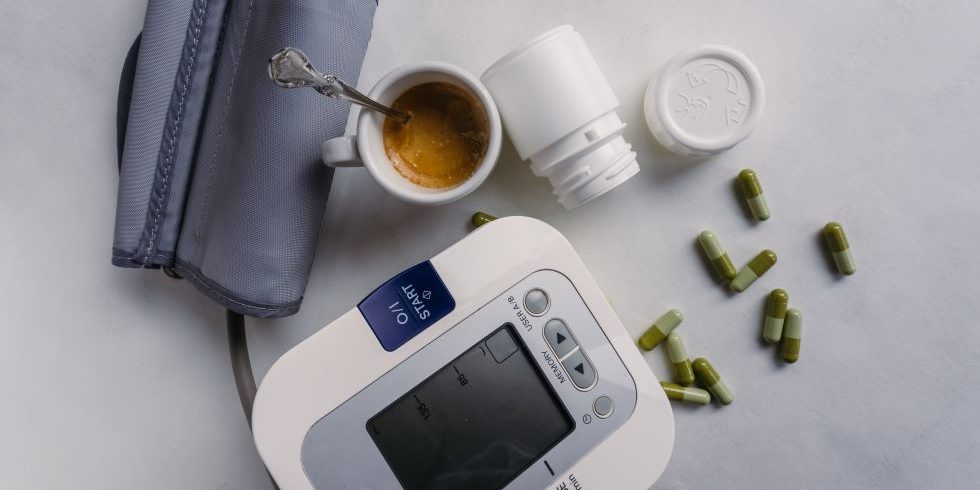
Let’s talk about something that affects millions of people worldwide: high blood pressure. We all know that dealing with hypertension can be tough, and you’re probably already on some kind of medication. But have you ever wondered if there are natural ways to support your medication? What if a few simple supplements could work with your meds to give you even better control over your blood pressure?
Of course, before you start adding anything new, always chat with your doctor first.
8 Supplements to Aid Your Blood Pressure Medicine
Let’s explore how these supplements could be your next ally in the fight against high blood pressure.
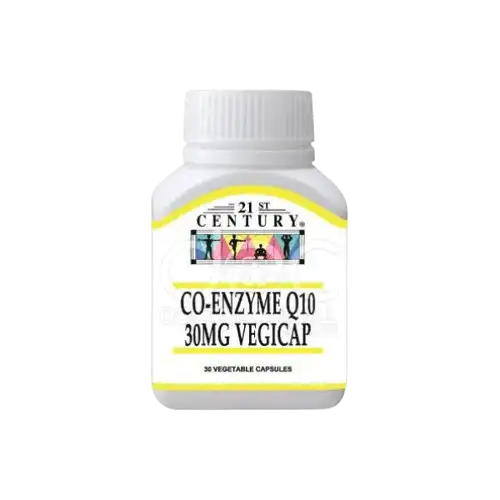
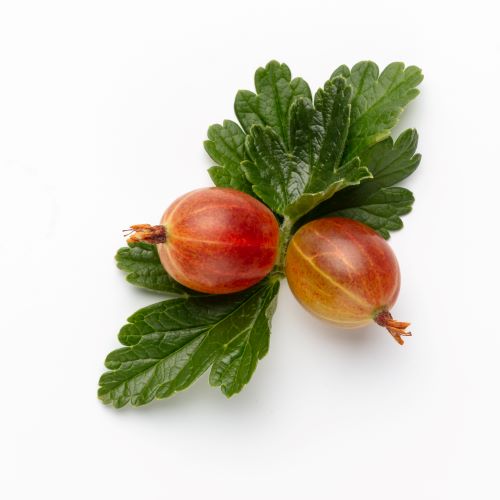
1. Exforge – Team Up with CoQ10 & Hawthorn Berry
You’re probably familiar with Exforge—a combination of amlodipine and valsartan that’s great for controlling blood pressure. But did you know that adding a couple of natural boosters could really amp up its effectiveness?
- Coenzyme Q10: This antioxidant is known for promoting better blood vessel health.
- Hawthorn Berry: This one’s a classic. It helps your blood vessels relax, which in turn supports healthy blood pressure levels.
Together, they’re a dream team with Exforge, working together to keep that blood pressure in check.
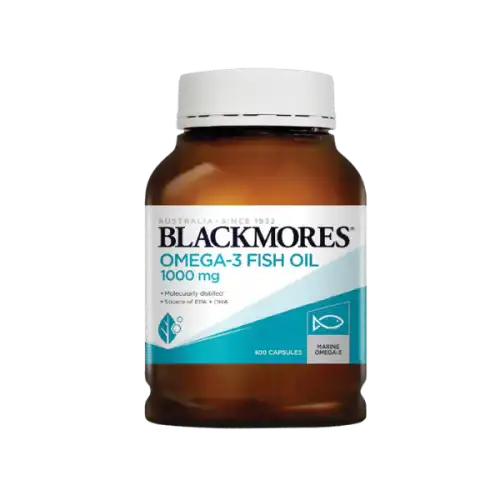
2. Concor – Potassium & Omega-3s to Support Your Heart
If Concor (bisoprolol) is your go-to medication for high blood pressure, here’s something you might not know. Pairing it with natural supplements could give you that extra edge.
- Potassium Gluconate: This helps balance out sodium, an essential factor in keeping your blood pressure stable. It’s especially important for those looking to tweak their diet.
- Omega-3 Fatty Acids: You’ve probably known that omega-3 fatty acids are beneficial for heart health. Well, they also help in controlling blood pressure, making them a perfect companion for Concor.
Adding these to your regimen could make a big difference.
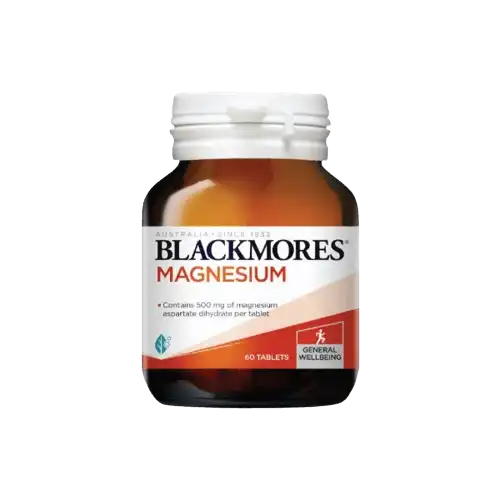
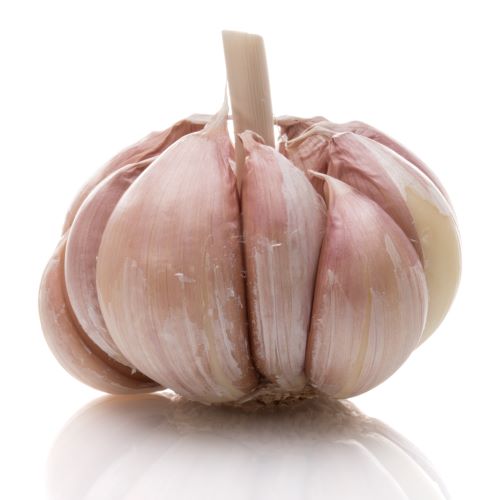
3. Twynsta – Try Garlic & Magnesium
For those on Twynsta (amlodipine + telmisartan), there’s a couple of supplements that can really enhance its effects:
- Garlic Extract: It’s more than just an immune booster; garlic can also help lower blood pressure naturally.
- Magnesium: This mineral is key to relaxing blood vessels and can be a game-changer for those managing hypertension.
Why not give it a try and see how these work alongside your medication?
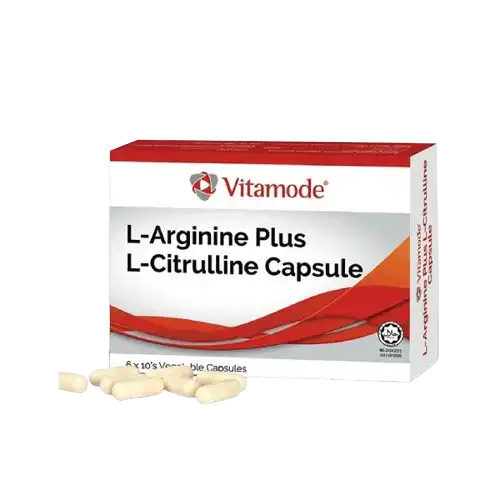
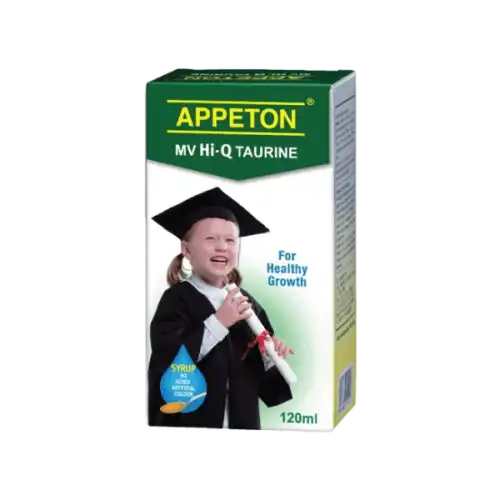
4. Micardis – Boost with L-Arginine & Taurine
If Micardis (telmisartan) is part of your daily routine, you’ll want to know about these two. They can really help support what your medication is already doing:
- L-Arginine: This amino acid boosts nitric oxide levels in the body, which relaxes blood arteries. The better your vessels feel, the better your blood pressure.
- Taurine: It’s an essential nutrient for your heart and blood pressure management. Taurine helps ensure your cardiovascular system works like a well-oiled machine.
These two can make a huge difference in keeping your blood pressure healthy.
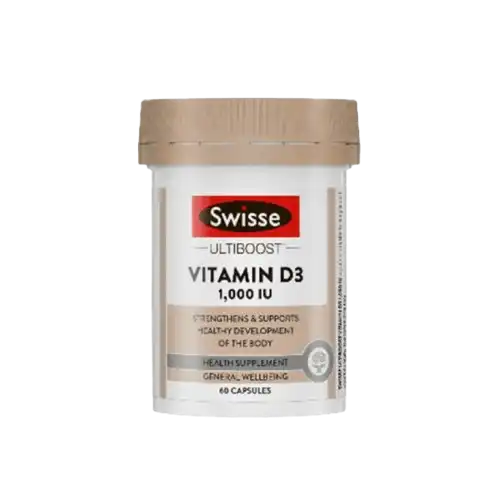
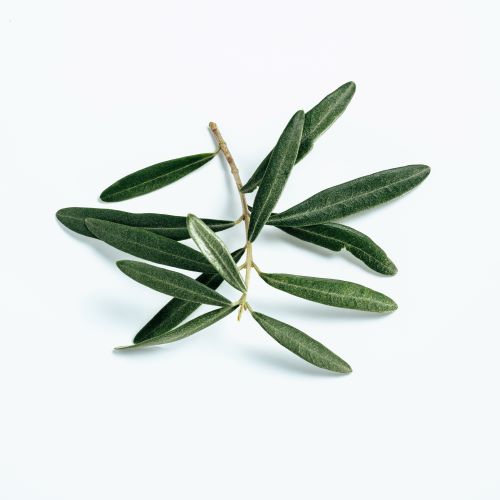
5. Norvasc – Pair with Vitamin D & Olive Leaf Extract
Taking Norvasc (amlodipine) to improve circulation? Let’s make sure it’s as effective as possible by adding these two to your routine:
- Vitamin D: You may already know this vitamin helps with bone health, but it also plays a role in blood pressure regulation.
- Olive Leaf Extract: Known for its anti-inflammatory benefits, olive leaf can help improve circulation and support your body in maintaining healthy blood pressure levels.
Give your blood pressure that extra support with this powerful combo.
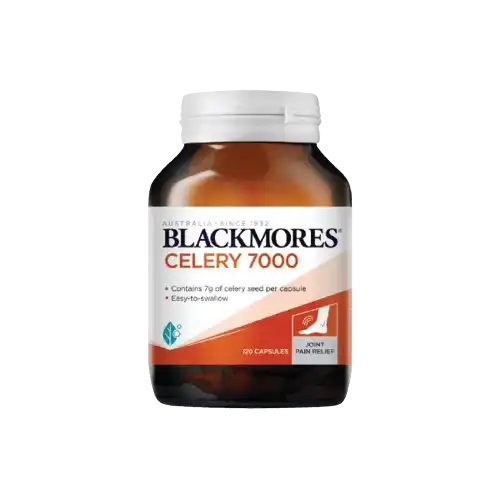
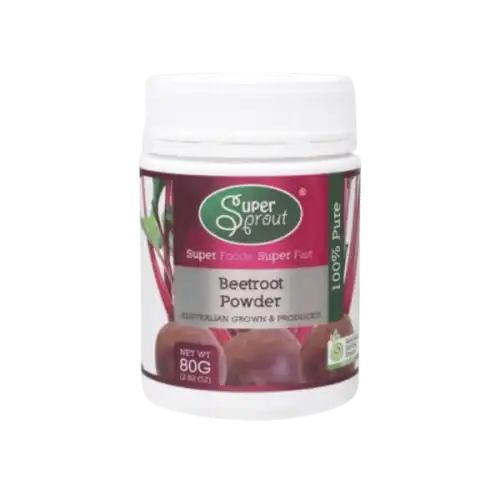
6. Cozaar – Celery Seed & Beetroot Powder
If you’re on Cozaar (losartan), you might want to try these two:
- Celery Seed Extract: Known for being a natural diuretic, it helps manage fluid levels and can work well with Cozaar.
- Beetroot Powder: This one’s a favorite for improving circulation. The nitrates in beetroot help blood vessels dilate, promoting better blood flow.
Pair these with your Cozaar, and you’ll have your bases covered.
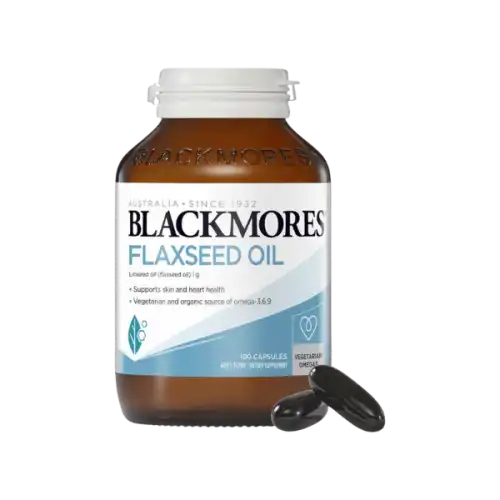
7. Metoprolol – Add Melatonin & Flaxseed Oil
Taking Metoprolol? Here’s how to support it with two simple additions:
- Melatonin: We all know sleep is important, but did you know it affects your blood pressure too? Melatonin helps regulate your sleep, which in turn supports better blood pressure management.
- Flaxseed Oil: Rich in Omega-3s, flaxseed oil is great for reducing inflammation and supporting heart health.
Together, they could make a real impact on your blood pressure levels.
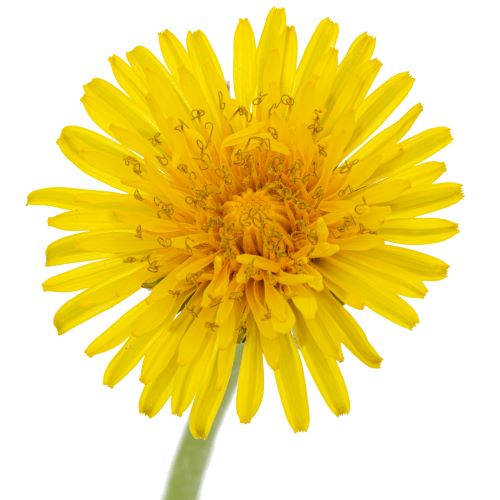
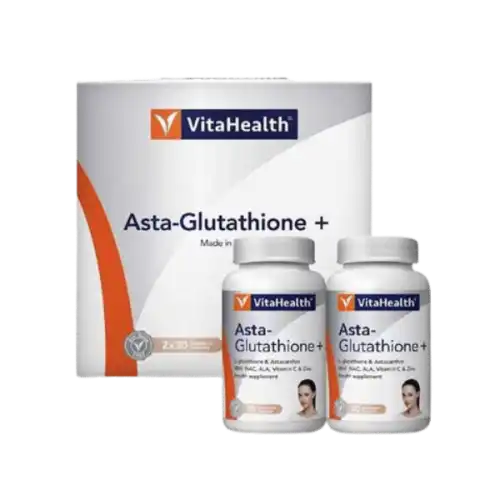
8. Spiro – Consider Dandelion & Glutathione
On Spiro (spironolactone)? It’s a potassium-sparing diuretic, but you’ll want to avoid extra potassium. Here’s what you can try instead:
- Dandelion Extract: A natural diuretic that doesn’t mess with your potassium levels, it’s great for fluid balance.
- Glutathione: This antioxidant is great for combating stress, which can help keep your blood pressure in check.
The Bottom Line: Natural Supplements Can Be Your Allies
Managing blood pressure doesn’t have to be a solo mission. By pairing your meds with natural supplements, you can give your blood pressure the extra support it needs. Whether you’re on Exforge, Concor, or Micardis, these natural boosters could complement your treatment plan and make your journey to healthier blood pressure a bit easier.
As always, check in with your doctor before introducing anything new into your routine. After all, the best results come when we work together—healthcare professionals and you, the one managing your health!
References
- Rosenfeld, M. E., et al. (2019). Coenzyme Q10 and cardiovascular disease: A review. Journal of Clinical Lipidology, 13(6), 925-931.
- Khan, H., et al. (2020). Hawthorn berry for cardiovascular disease: A review. Phytotherapy Research, 34(8), 1867-1877.
- Sacks, F. M., et al. (2001). Effect on blood pressure of potassium supplementation in patients with hypertension. The New England Journal of Medicine, 345(13), 1009-1010.
- Bourassa, M. C., et al. (2016). Omega-3 fatty acids and cardiovascular disease. Canadian Journal of Cardiology, 32(2), 238-244.
- Ried, K., et al. (2008). Effect of garlic on blood pressure: A systematic review and meta-analysis. BMC Cardiovascular Disorders, 8, 13.
- Duncan, A. M., et al. (2014). The role of magnesium in hypertension: A review. Journal of Hypertension, 32(12), 2411-2418.
- Liu, X., et al. (2016). L-arginine supplementation in cardiovascular disease: A meta-analysis. Nutrition, 32(11-12), 1251-1258.
- Schaffer, S. W. (2007). Taurine: A potential therapeutic for the management of hypertension. Clinical and Experimental Hypertension, 29(3-4), 117-124.
- Wang, Y., et al. (2012). Vitamin D and hypertension: A systematic review and meta-analysis. Journal of Hypertension, 30(11), 2013-2022.
- Cameron, M., & Frost, E. (2016). Olive leaf extract: A review of its therapeutic potential. Phytotherapy Research, 30(6), 946-951.
- Mikulski, M., et al. (2013). Celery seed extract and its potential effect on hypertension. Phytotherapy Research, 27(7), 1030-1035.
- Lansky, E. P., et al. (2008). Beetroot juice: A potential high-performance ergogenic aid. Journal of the International Society of Sports Nutrition, 5, 12.
- Zhang, L., et al. (2019). Melatonin and hypertension: A review. Frontiers in Physiology, 10, 1411.
- Bistrian, B. R., et al. (2013). Flaxseed oil and its effects on hypertension: A review. Nutrition Reviews, 71(8), 502-511.
- Huang, L., et al. (2010). Dandelion (Taraxacum) and its role in fluid balance: A review. Journal of Ethnopharmacology, 128(2), 288-293.
- Rochette, L., et al. (2015). Glutathione and cardiovascular diseases: A review. Pharmacological Research, 90, 149-154.
FAQ
The best natural supplements for high blood pressure include:
– Potassium: Important for balancing the effects of sodium, potassium supplements can help lower blood pressure, particularly when dietary intake is insufficient.
– Garlic: Known for its ability to help lower blood pressure by relaxing blood vessels and improving circulation.
– Omega-3 Fatty Acids: Found in fish oil, these can reduce inflammation and lower blood pressure by improving heart health.
– Coenzyme Q10 (CoQ10): This antioxidant supports heart health and may help lower blood pressure by improving blood vessel function.
– Magnesium: This mineral helps relax blood vessels and regulate blood pressure, especially when taken in supplement form.
Chinese medicine for high blood pressure often includes herbal remedies like Dan Shen (Salvia), Huang Qi (Astragalus), and Guan Zhong. Acupuncture and dietary recommendations such as reducing salt and eating more cooling foods are also commonly used. These treatments aim to balance the body’s energy (Qi) and promote blood circulation. Always consult with a healthcare provider before using Chinese medicine.
The best natural drink to lower blood pressure is hibiscus tea. Studies show that hibiscus tea can effectively reduce both systolic and diastolic blood pressure due to its high antioxidant content and ability to relax blood vessels. It is a simple, natural remedy to include in a heart-healthy lifestyle.
There is no permanent cure for high blood pressure (hypertension), but it can be effectively managed with lifestyle changes and medical treatment. The most effective approaches include maintaining a healthy diet (like the DASH diet), regular exercise, reducing stress, limiting alcohol and salt intake, quitting smoking, and taking prescribed medications as needed. Regular monitoring and working with a healthcare provider can help keep blood pressure under control over the long term.
Yes, high blood pressure can return to normal levels with proper management. Through lifestyle changes such as a healthy diet (e.g., the DASH diet), regular exercise, stress reduction, weight loss, and limiting alcohol and salt intake, many people can lower their blood pressure to a healthy range. In some cases, medication may also be required. It’s important to work closely with a healthcare provider to develop an effective plan for managing blood pressure.
The best exercise for high blood pressure is aerobic exercise, such as brisk walking, cycling, or swimming. Aim for 30 minutes most days of the week. Strength training can also help, but in moderation. Always check with a healthcare provider before starting.
Yes, it’s possible to live with high blood pressure without medication if it is managed through lifestyle changes, such as a healthy diet, regular exercise, stress reduction, limiting salt and alcohol, and maintaining a healthy weight. However, for some people, medication may be necessary to keep blood pressure in a safe range.
To quickly lower blood pressure, try these methods:
- Deep breathing: Slow, deep breaths can help relax your body and reduce stress, which may lower blood pressure.
- Relaxation: Find a quiet space and relax, as stress is a major contributor to high blood pressure.
- Take a walk: Light physical activity can help lower blood pressure temporarily.
- Drink water: Staying hydrated can help maintain healthy blood pressure levels.
- Reduce sodium: If you’ve consumed too much salt, reducing your intake can help bring your blood pressure down over time.
These methods can provide short-term relief, but for long-term control, it’s important to adopt lifestyle changes and follow your healthcare provider’s advice.
Yes, ginger can be beneficial for high blood pressure. It has natural properties that help improve circulation and relax blood vessels, which can contribute to lowering blood pressure. Additionally, ginger has anti-inflammatory and antioxidant effects that support overall heart health. However, it should be used as part of a healthy lifestyle, and it’s best to consult a healthcare provider before using it as a treatment for hypertension.
The best breakfast for high blood pressure includes foods that are heart-healthy and rich in nutrients like potassium, fiber, and antioxidants. Here are some good options:
- Oatmeal: High in fiber, it can help reduce blood pressure and cholesterol.
- Whole-grain toast with avocado: Avocado provides healthy fats and potassium, which support blood pressure control.
- Greek yogurt with berries: Rich in potassium and antioxidants, berries help reduce blood pressure.
- Banana smoothie: Bananas are rich in potassium, which can help balance sodium and lower blood pressure.
These foods, combined with a balanced diet, can help manage blood pressure. Avoid excessive salt, processed foods, and refined sugars.












